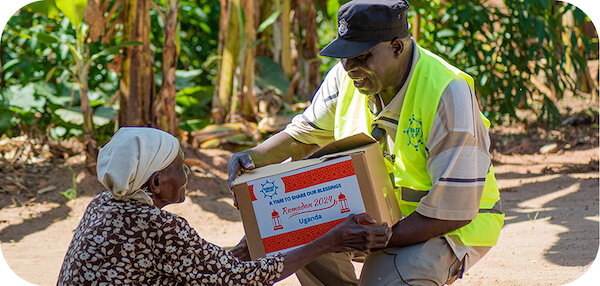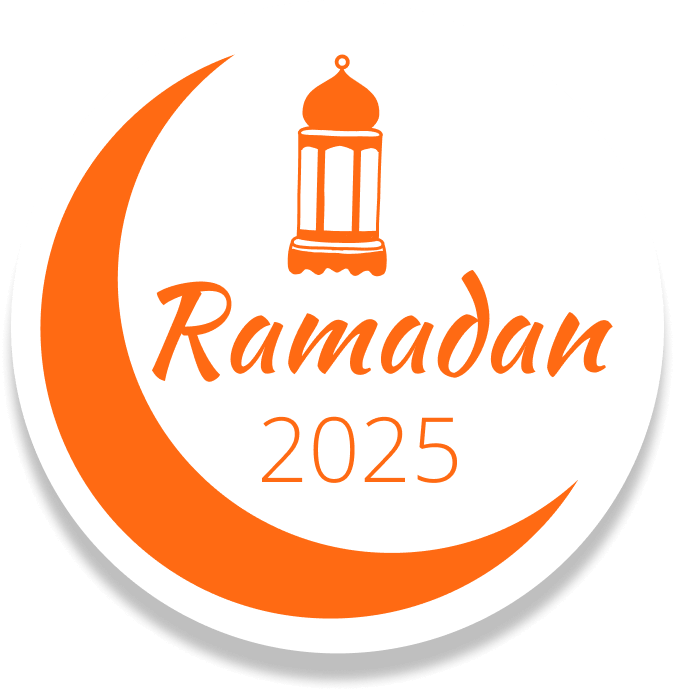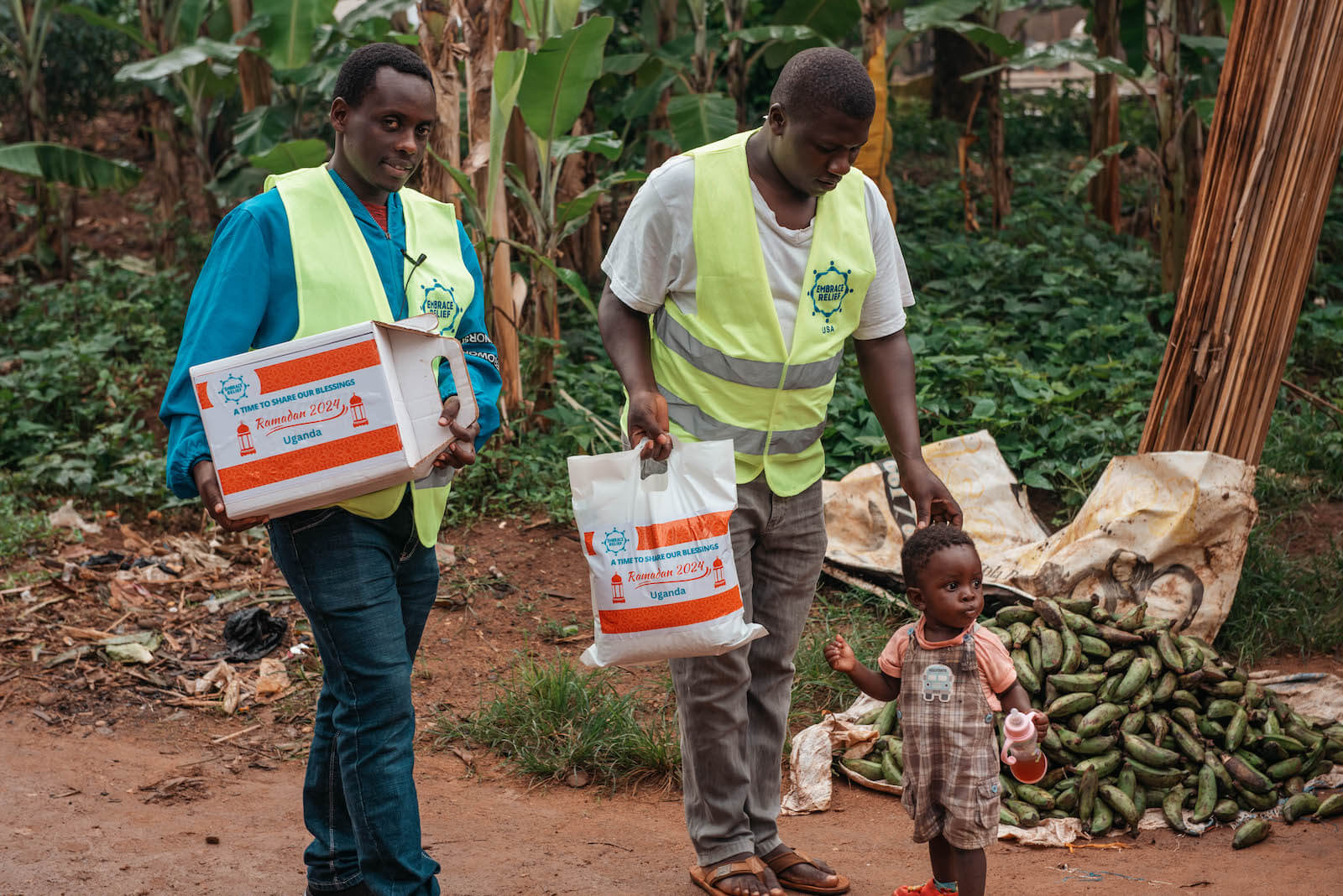Eid al-Fitr 2025 is expected to be observed on Sunday, March 30, 2025, depending on the sighting of the moon. This Islamic holiday marks the end of Ramadan, the holy month of fasting and spiritual reflection for Muslims worldwide. It is one of the world’s most widely celebrated holidays, often a day for great feasts, community and family gatherings, and local traditions dating back centuries in some cases.
Eid al-Fitr holds profound religious and cultural importance for Muslims. It is a day of gratitude, joy, and community, celebrating the completion of Ramadan—a month of fasting from dawn to sunset, increased prayer, and acts of charity.
The holiday represents a fresh start, as Muslims reflect on their spiritual growth during Ramadan and renew their commitment to their faith. The day is also an opportunity to express gratitude to Allah for providing strength throughout the month-long fast.
How Eid al-Fitr Relates to Ramadan
Ramadan, the ninth month of the Islamic lunar calendar, is observed as a time of fasting, prayer, and self-discipline. Fasting during Ramadan is one of the Five Pillars of Islam, a fundamental – and mandatory, for most Muslims – practice that fosters empathy for the less fortunate and a closer connection to God.
Eid al-Fitr signifies the conclusion of this sacred month. On this day, Muslims break their fasts with joyous feasts, family gatherings, and communal prayers. However, before celebrating, Muslims give a special form of charity called Zakat al-Fitr, ensuring that those in need can partake in the festivities.
How the Ramadan Calendar Works
The exact date of Eid al-Fitr varies each year because it is tied to the Islamic lunar calendar. Unlike the secular Gregorian (solar) calendar in use throughout most of the world, the Islamic calendar is based on lunar cycles, with each month beginning at the sighting of the new crescent moon. Ramadan spans 29 or 30 days, depending on the moon sighting, and its dates shift approximately 10 days earlier each year in the Gregorian calendar.
Similarly, the date of Eid al-Fitr depends on the sighting of the crescent moon. While modern astronomical calculations can estimate these dates, many Muslims still rely on traditional moon sighting methods to determine the start of Eid. This is why the exact date may vary by one day across different countries or communities.
Notable Eid al-Fitr Celebrations Around the World
Eid al-Fitr is celebrated with a variety of traditions that reflect the cultural diversity of the global Muslim community.
1. Morning Prayers
The day begins with a special congregational prayer, known as Salat al-Eid, performed at mosques or open prayer grounds. The sermon following the prayer focuses on themes of gratitude, community, and faith.
2. Family Gatherings and Feasts
Families come together to share festive meals featuring traditional dishes like biryani, kebabs, and sweets such as baklava, sheer khurma, or maamoul. It is a day of love, unity, and generosity.
3. Gifting and New Clothes
It is customary to wear new or best attire on Eid and exchange gifts, especially for children, who often receive Eidi (money or gifts from elders).
4. Charitable Acts
Zakat al-Fitr, a mandatory donation, is given before Eid prayers to support the needy, ensuring everyone can join in the celebrations.
5. Public Festivities
In many countries, Eid al-Fitr is marked by vibrant public events, such as parades, markets, and cultural performances. Cities like Dubai, Istanbul, and Jakarta host grand celebrations, attracting visitors worldwide.
Preparing for Eid al-Fitr 2025
As Muslims prepare for Eid al-Fitr 2025, they reflect on the spiritual lessons of Ramadan and look forward to a day of renewal and joy. From decorating homes to preparing elaborate meals, the days leading up to Eid are filled with excitement.
The time of Ramadan is also an exciting one for us here at Embrace Relief, as well. Each year during Ramadan, we serve nutritious meals to tens of thousands of people around the world as part of our International Hunger Relief: Ramadan campaign!
When we fast, we become acutely aware of the pain and discomfort caused by going without food. And sadly, millions of people around the world struggle to have enough food to eat throughout the year. So as we share our blessings with others during Ramadan, we urge you to consider the needs of our most vulnerable friends around the world. That’s why we’re asking you to give to our Ramadan 2025 hunger relief campaign.
During Ramadan 2024, Embrace Relief provided nutritious food packages and meals to more than 165,000 people in 21 countries, each food package serving a family and community where it is most needed. We can only provide this aid because of the generosity of donors like you.
Donate today to our International Hunger Relief campaign and you can help vulnerable families on five continents. With just a few clicks, you can ensure that thousands of men, women and children around the world will go to bed on a full stomach.
Thank you for your support, and may Ramadan 2025 be a time of immense blessings, spiritual growth, and communal harmony for all.
Donate For Ramadan 2025
Embrace Relief aims to provide 100,000 people with nutritious food during our International Hunger Relief: Ramadan 2025 campaign.























